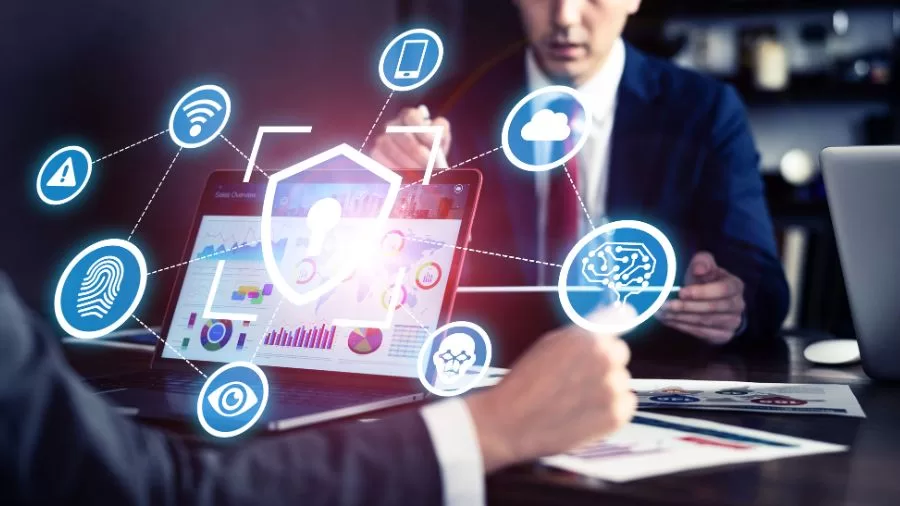Technology
How Security Validation is Shaping the Future of Cybersecurity in Business Tech Trends

Cybersecurity has become a technical challenge, but businesses must develop a proactive approach to the rising number of online threats. With threat actors and attack surfaces growing, businesses in 2025 are turning to move to reliable approaches such as security validation to ensure their defenses and systems are effectively and securely in place. This trend is at the forefront of how tech and businesses run whilst shaping their security systems.
Compared to traditional systems, ASV works by scaring business security approaches and testing reactive defenses to reduce the risk of cyber threats.
In this article, we will look into the rise of security validation, why business owners must understand the need for ASV systems, how automated validation security works and why it should be combined with current cybersecurity strategies.
The Rise of Security Validation in the Enterprise
Security validation helps organizations to control cybersecurity with the function that real-world attacks may happen. This approach is important, especially with the increase in cyberattacks and the growth of remote working and hybrid cloud architectures.
Automated tools, such as automated security validation, can help companies identify and prioritise security gaps without waiting for a breach to occur. This helps stimulate real-world attack situations within a safe environment and offers insights into how systems may respond when under attack.
The practical value of this approach is to help reduce any risk exposures, develop faster remediation cycles and create confidence in compliance support, all of which are valuable within different industries.
Business Drivers: Why Security Validation is a Must in 2025
In 2025, cybersecurity is a priority that all organizations should be aware of and they should ensure they understand the purpose behind reliable security platforms. Here are some reasons why security validation is important within business and technology trends:
- Risk Management
Many businesses now operate in a global environment. Continuous validation can help to manage risk by reducing lags between detection and response.
- Compliance
Regulations such as GDPR, HIPAA and PCI-DSS are forcing companies to prove their security controls are effective within working environments. Security validation offers documentation and proof points that auditors need.
- Cost Effectiveness
Investing in more tools can help organizations to maximize security systems through validation. Many business owners will understand the cost-effectiveness of validation tools due to their secure platform and reliability.
As you can see, security validation in 2025 is a must with its endless benefits and security postures. Businesses can continue to grow without the worry of risks or cyber threats occurring on a daily basis. Automated validation security will operate on continuous tests to ensure business operations run smoothly and identify if any changes need to be made.
How Automated Security Validation Works
Automated security validation (ASV) is built to help businesses scale across infrastructures. These tools helped to automate the full attack chain from exploitation to lateral movements without causing disruptions to current systems.
Mimicking real-life attacks helps businesses see exposed blind spots from traditional testing systems. Security teams can run these tests regularly without needing the support of external consultants.
ASV systems help to reduce any vulnerabilities businesses may be exposed to and also ensure security leaders can make informed decisions- proving this is a reliable security investment for businesses.
Integrating ASV into a Modern Cybersecurity Strategy
Security validation is most effective when combined with broader cybersecurity. For example, ASV can be used alongside tools such as XDR (Extended Detection Response) or SOAR (Security Orchestration Automation and Response), where validation data can prioritize alerts regarding incident responses.
Many organizations have already combined endpoint protection tools with SIEM platforms, adding ASV into the current tools and strengthening security measures across different platforms. This helps shift security from reactive to businesses strategically developing plans to reduce cyberattacks.
Looking Forward: Business and Tech Leaders Embrace Proactive Security
With cyber security having a huge influence on current business systems to help organisations innovate, collaborate, and scale, security measures should be implemented to prevent any attacks online. Security validation is an important shift that brings clarity and accountability to business systems seeking a proactive approach to the rise in cyber threats.
Enterprise leaders should understand the importance of security postures. With the current digital landscape, security validation is a fundamental need for businesses worldwide. Real-world applications can help business owners make informed and fast decisions regarding current systems and identify any vulnerabilities, which can evidently help reduce the risk of cyber threats.
Take the step forward and invest in the right automated validation security system to enhance your decision-making and reduce any risks of security threats.



















































